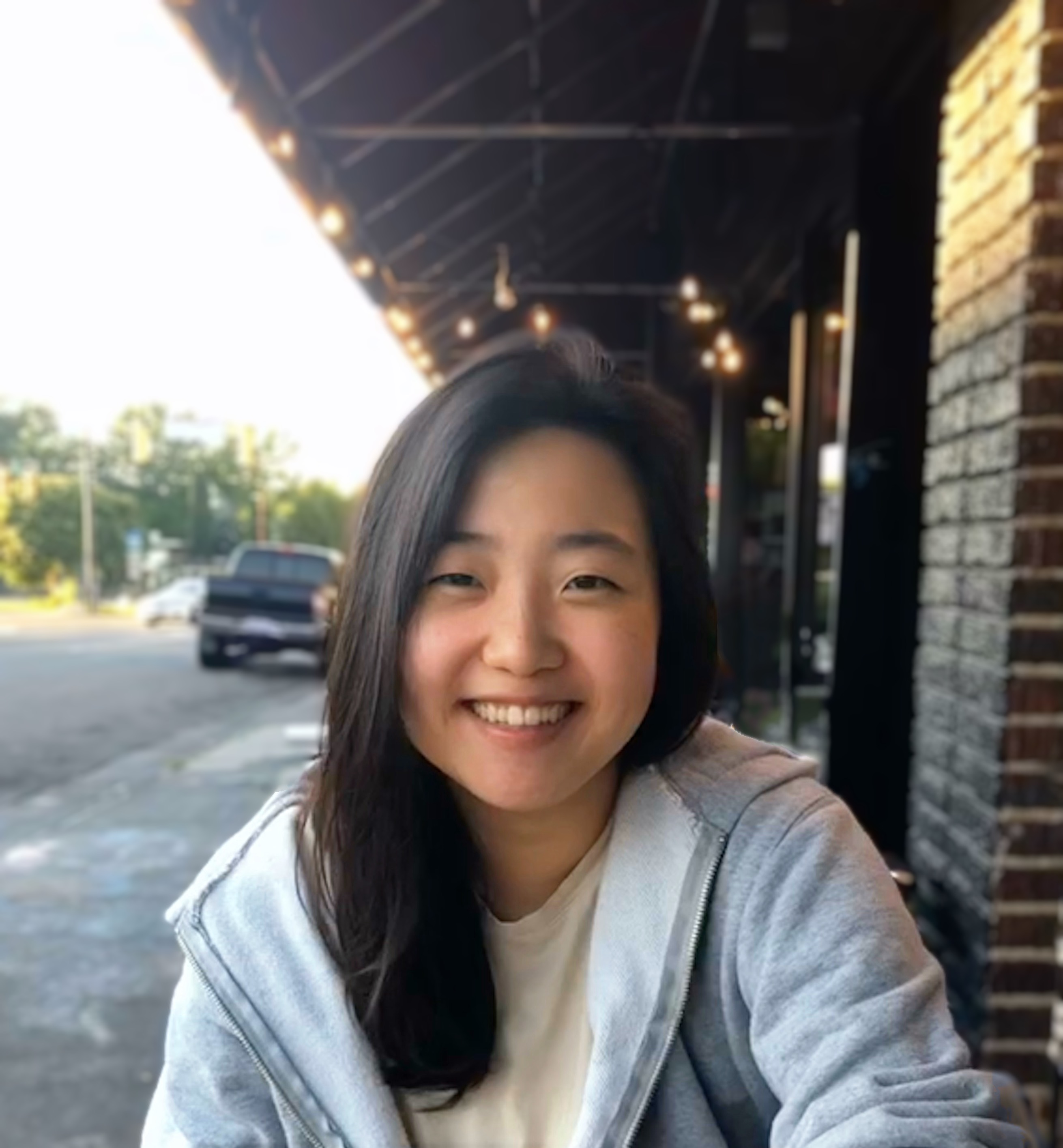Teaching
Lab Instructor
Ralph Bunche Summer Institute, Duke University, Summer 2023, 2024
- Lab Example Materials: Lab 2: Intro to R Lab 3: Working with Data
Teaching Assistant
POLSCI 201: Public Opinion, Duke University, Fall 2023
POLSCI/RIGHTS 205: Racial and Ethnic Minorities in American Politics, Duke University, Fall 2021
Certificate in College Teaching
- Completed requirements towards Duke’s Certificate in College Teaching
- Kenan Institute for Ethics Teaching on Purpose Fellow
- Participated in Teaching Triangles to observe and be observed as an instructor
Duke Bass Digital Education Fellow
- Completed course on Digital Pedagogy (GS762)
- Digital Education Project (2025 Spring): Developed a Canvas site to provide resources on digital pedagogy for various faculty development programs with Duke Learning Innovation & Lifetime Education.
Teaching Experience
I have had many opportunities to grow as an instructor and mentor at Duke. I instructed the method labs for the Ralph Bunche Summer Institute (RBSI) in “Probability and Regression” (Rating: 4.0) and served as a teaching assistant for the previous RBSI (Rating: 4.5). I was a TA for undergraduate courses in “Public Opinion” (Rating: 4.6) and “Racial and Ethnic Minorities in American Politics” (Rating: 4.15), where I guided student research projects.
To enhance my teaching skills, I pursued the Duke College Teaching Certificate, participated as a Kenan Institute of Ethics Teaching on Purpose Fellow. I served as a Bass Digital Education Fellow where I worked with Duke Learning Innovation & Lifetime Education to develop templates integrating digital tools (i.e. Gradescope, Ed Discussion) for instructors on Canvas, particularly for STEM-based courses. These experiences allowed me to reflect on pedagogy from philosophical perspectives while adapting to digital advances, such as creating online lectures and flipped classroom modules. Below, I outline how I implement my teaching philosophy, drawing on experiences from these programs.
Teaching Philosophy
My approach to teaching is closely connected to my research on loneliness. With the rise of online courses, I believe that one of the university’s key roles is its social function—bringing together people who are passionate about learning. To foster this, I encourage social interactions both inside and outside the classroom by providing peer engagement opportunities and being an accessible instructor. I also focus on delivering theoretical and academic content in a way that is relevant, engaging, and practically applicable. Being aware of the challenges young adults face, especially the gap between high education levels and limited economic opportunities in the labor market, my pedagogy focuses on equipping students with practical skills for the real world.
Teaching “How to Learn”
I believe teaching how to learn is valuable in diverse classrooms where students come with varying skill sets. In engaging with a diverse student audience for “Racial and Ethnic Minorities in American Politics,” I applied this approach by going over reading guides for academic articles and guiding students through writing assignments. I used a similar strategy for teaching data analysis and R programming at the RBSI. Since students needed to complete a quantitative research paper, I structured lessons to cover the entire research process, from finding datasets and survey questions to writing out statistical results. This ensured that students developed a comprehensive understanding of the research process to conduct future projects independently.
Providing Feedback
I strive to provide detailed feedback to students. For RBSI and the “Public Opinion” course, I mentored student research projects from start to finish. Course evaluations highlighted my helpfulness in one-on-one mentoring (attached below), as I communicated clear, actionable next steps. Notably, of the seven students selected at the end of RBSI to present at APSA, five were under my mentorship. In my evaluations, I received scores of 4.7 (2023) and 4.3 (2024) for availability. I held frequent office hours and attended social events for TA-student bonding as mentoring for RBSI also extends outside the classroom.
Integrating Theory with Practice into Research
I care about integrating theory and practice in my teaching approach. In the “Public Opinion” course, students developed survey questions based on their research questions, which were then compiled and distributed to Duke students. Weekly assignments guided students through the research process, from formulating research questions to analyzing survey data, wherein I provided feedback at every stage. I aim to bring similar practice-oriented methods to my future courses.
To develop teaching skills for better delivery of materials, I participated in teaching observations, where peer feedback led me to implement two key improvements: leaving blanks in R code lessons for students to complete during class and cold calling on students. These changes increased participation and attention, enabling me to better assess their understanding and provide additional explanations when needed.
In conclusion, from teaching at the RBSI to a resident mentor at the University of Queensland, I have held diverse roles in teaching and mentoring students across public and private academic institutions and in different cultural contexts. By actively engaging students, providing detailed feedback, and bringing real-world relevance into the classroom, I aim to equip students with lifelong skills that transcend the classroom, empowering them to approach any subject with confidence. My goal is to cultivate an environment where students can develop theoretical understanding, practical skills, and build a strong peer network, preparing them for future academic and professional endeavors.
